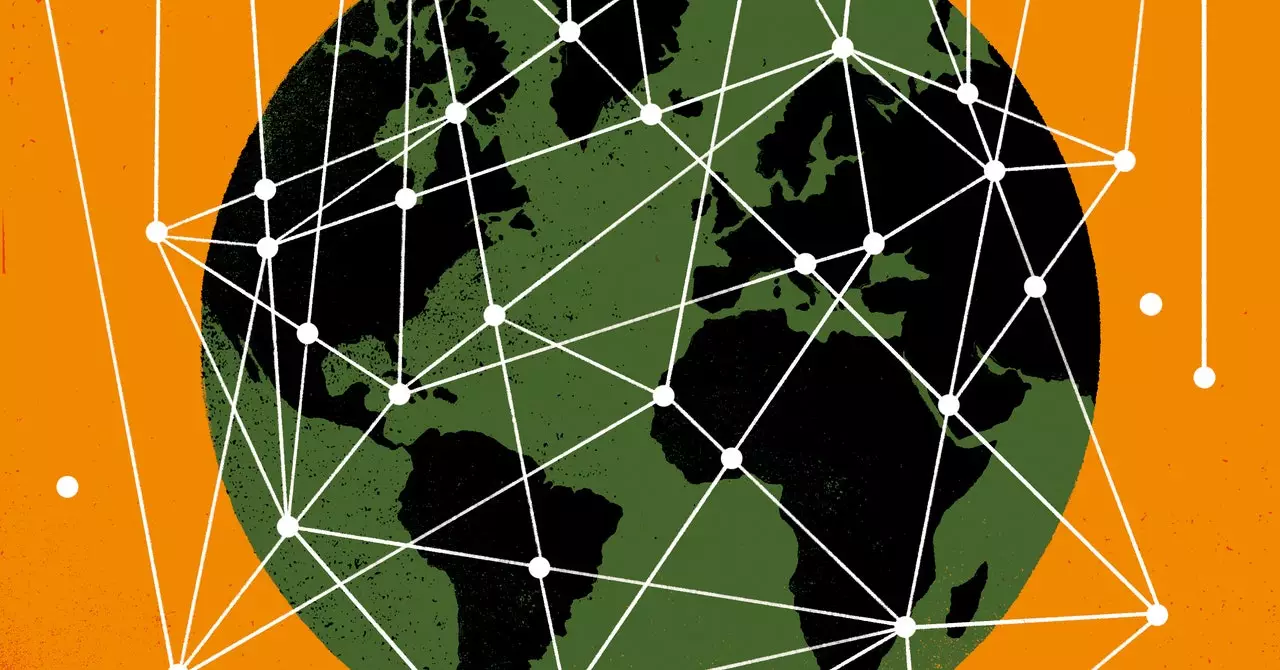The geopolitical landscape surrounding artificial intelligence (AI) is on the brink of a transformation. As we move towards 2025, it appears that the complex interplay between technology, national interests, and cooperation is guiding world leaders toward a more collaborative approach rather than a nationalistic one. This analysis delves into the evolving discourse around AI post-2023 and examines how political leaders might pivot from a reactionary stance towards a more engaged and proactive international strategy.
The years following the launch of advanced AI systems like ChatGPT have engendered a dual climate of rapid investment and widespread concern. In 2023, while financial stakes in AI technologies soared to unprecedented heights, influential figures in the tech industry—including well-known personalities like Elon Musk and Steve Wozniak—issued urgent calls for a pause on developing AI systems surpassing GPT-4. The cautionary comparisons of AI to existential threats like nuclear warfare and pandemics have permeated discourse, prompting a reevaluation of the potential repercussions of unregulated AI advancements.
This conflation of opportunity and anxiety has inevitably complicated the perception of AI among political leaders, steering discussions towards a more adversarial and fragmented narrative. AI has been positioned as a contest—a race of supremacy rather than an opportunity for progress that benefits humanity as a whole. This narrative shift is troubling, especially given the peaceful possibilities presented by collaborative advancements.
The encapsulation of AI in the framework of nationalism has surged in recent years, underscoring a more competitive global environment. The example of President Xi Jinping’s 2017 declaration of intentions for China to emerge as an AI superpower by 2030 emphasizes this trend. The introduction of the “New Generation AI Development Plan” aimed at achieving significant AI advancements by 2025 catalyzed a tit-for-tat scenario as nations reacted to one another’s ambitions.
In contrast, the United States implemented protective measures such as the CHIPs and Science Act of 2022, which aimed to restrict semiconductor exports to China, thereby prioritizing domestic capabilities. In 2024, the Biden administration escalated this narrative by proposing regulatory frameworks to restrict American investments in Chinese AI. Such moves have only intensified perceptions of AI as a battleground, diverting attention from fostering cooperative innovation.
Reflecting on historical contexts, it becomes increasingly clear that strategies from the Cold War provide valuable insights for navigating the current AI landscape. During that era, the United States not only advanced technologically but also employed diplomacy to create a vision that benefitted humanity, particularly in areas like space exploration. Political leadership was pivotal in fashioning agreements that positioned space as a realm for all rather than a territory for domination.
The contrasting absence of similar leadership in the AI sphere has led to missed opportunities for constructive engagement. As we look toward 2025, the necessity for a more unified narrative that transcends competition becomes more pronounced. Engaging in cooperative dialogues could reshape how nations perceive AI—a shift from a combative mentality to one that recognizes shared aspirations and challenges.
A pivotal opportunity arises in 2025 with the anticipated AI Summit hosted in France. President Macron’s shift away from solely discussing AI risks towards a more solution-oriented framework is emblematic of a larger trend towards acceptance of collaborative efforts. This summit symbolizes potential unity, emphasizing the need to pivot dialogue towards actual societal benefits derived from AI technologies.
Furthermore, the United Nations’ acknowledgment of the importance of inclusive discourse paves the way for broader participation in shaping the future of global AI governance. Reactive nationalism is gradually being replaced with initial steps towards diplomacy, as seen in the nascent US-China dialogues established in 2024.
The trajectory towards 2025 indicates that the giants of AI, once poised for confrontation, may choose the path of diplomacy and cooperation. This potential for collaboration comes at a crucial moment, as the global community grapples with pressing ethical questions and seeks to harness AI for the greater good. By collectively approaching AI’s opportunities and challenges, world leaders have the chance to set a new precedent—one grounded in shared progress rather than divisive competition. It is this shift in perspective that will ultimately determine the legacy of AI within international relations.


Leave a Reply